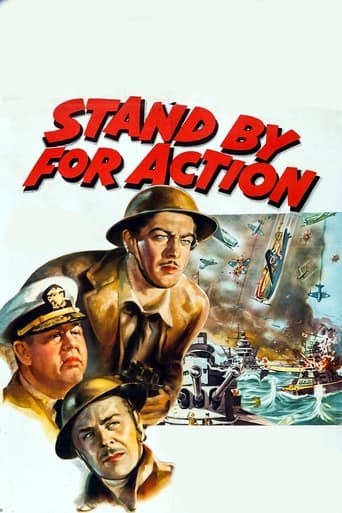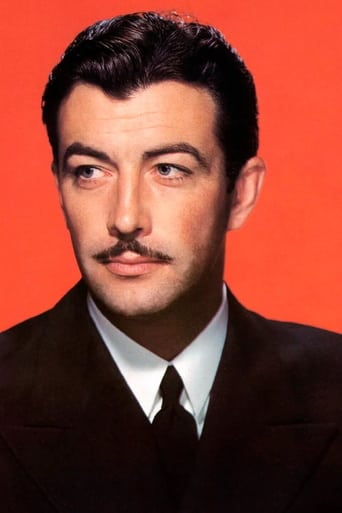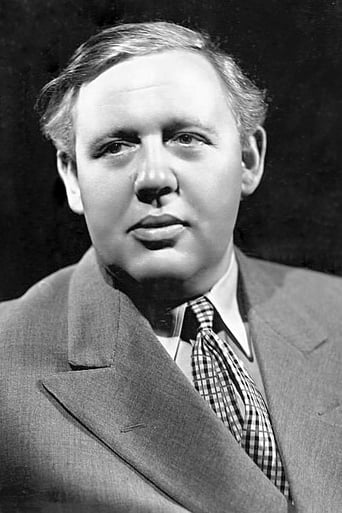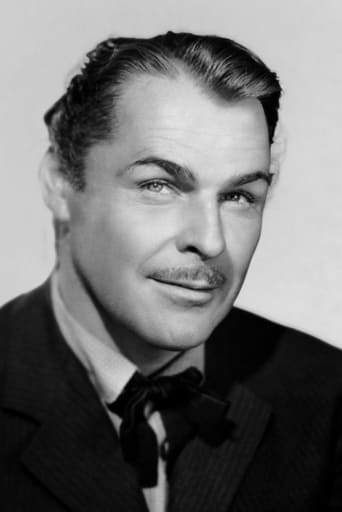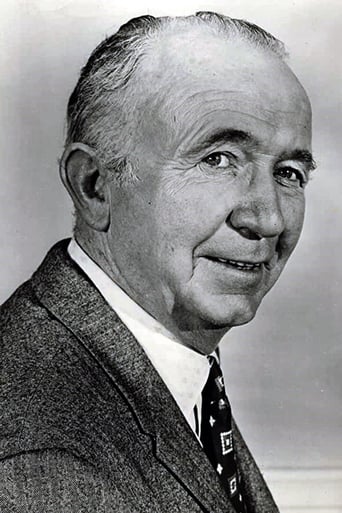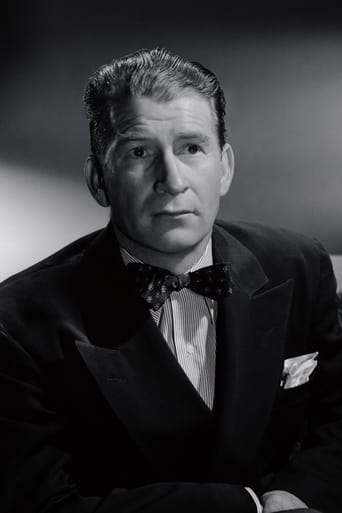MARIO GAUCI
This was another film which saw preliminary involvement in its scripting stage from Luis Bunuel during the Spanish Surrealist's tenure in Hollywood – before being eventually re-vamped into a standard Hollywood flagwaver (by its blandest studio, MGM, no less). Needless to say, there remains close to nothing of what may have appealed to Bunuel's Communist ideals here; however, given the top talent at work, the movie could not fail to be entertaining (if corny and contrived in the extreme – more on this later); still, the film hardly merited Leonard Maltin's hilariously dismissive single remark in response to the titular command, "We're still waiting…" In fact, the story and script numbered various noted scribes: John L. Balderston, George Bruce, R.C. Sheriff – all of them, co-incidentally, former collaborators of another of my favorite film-makers i.e. James Whale – and Herman J. Mankiewicz (ditto Orson Welles' CITIZEN KANE [1941]); as for the cast, we have Robert Taylor (stepping in for Robert Donat), Charles Laughton (this phase of his career was particularly unrewarding for the thespian actor, though he would return to this same milieu for one of his very last pictures, UNDER TEN FLAGS [1960]), Brian Donlevy, Walter Brennan, Chill Wills, Douglas Dumbrille, future director Richard Quine, etc. Most of these are strictly typecast, but get by through sheer professionalism and chemistry: the three stars play well off each other, with Taylor the cocky spoiled brat, Laughton the flustered-yet-bemused chief officer and Donlevy the dedicated skipper of an ancient destroyer re-called into active service at the start of WWII (complete with live-in and doting caretaker – Brennan, of course).Though the film makes much of the initial friction between the captain and his aide, which predictably develops into mutual understanding and, eventually, respect, its real raison d'etre was the subplot highlighting the destroyer saving 'a cargo of innocence' (the title of the story on which it was based and which had originally dealt with the Spanish Civil War!), that is to say, a stranded boat filled with evacuees from a bombed maternal hospital. This results in much cringe-inducing comedy relief – Bunuel would have obviously treated the entire episode much more soberly – with the men all at sea (pun intended) before this unexpected 'crisis'…though, before long, a middle-aged carpenter whose wife happens to be a nurse and guitar-strumming, tune-peddling yokel Chill Wills take the situation firmly in hand; Laughton, commandeering a convoy to which the destroyer has also been appointed (not without misgivings), ultimately softens at this turn-of-events, especially after both rescued ladies proceed to give birth themselves aboard the ship! As I said, in the face of such far-fetched happenings, to which one must add Brennan's equally sentimental attachment to the "old girl" who can still "take it" (injured at one point and relapsing to his WWI-service days, he still resolves to do his bit for Uncle Sam at the finale!), the film really does not win any marks for realism but, again, is so typical of the prevalent style in which such things were presented (including such racist expressions as Laughton's "slant-eyed Beelzebub" and "pagoda-masted buzzards") that it does not feel necessarily blander than its prototype, if decidedly routine. Nevertheless, the climactic action (yes, we do get there after all) – as the scrappy destroyer risks its 'life' (with Taylor at the helm, too, since Donlevy is himself temporarily disabled) by emerging from the cover of pervasive fog to hit out at the larger Japanese battleship – is quite well done, even garnering the film its sole Oscar nomination.
imexchange
The description of the movie was correct with one exception. The Japanese ship that was sunk by torpedoes was a Battleship, not a destroyer. While this may seem to be only a slight detail, it is most important in the significance of our hero saving the entire convoy from eminent destruction. This movie was typical of the war era movies in that heroic Americans always overcame overwhelming odds. A real moral builder. The movie was broadcast on TCM cable channel, on May 27th as part of its salute to Memorial Day. I was glad to Robert Taylor, who I met during World War II, in Dallas when he was in the Navy. He was in is Navy uniform and looked every bit the person he played in "Stand by for Action"
BullMoose
The story is fiction but the war was very real when this movie was made. While not intended to be a comedy, it has it's moments of humor. I heard it said this was to be a British movie but was switched to Hollywood because Britian was in deep straits and under attack at the time. Whatever the reason, it plays pretty well except for the old US 4 piper destroyer sinking a modern Japanese battleship (not a Japanese destroyer) . Not very likely, but that's Hollywood for you. However, the acting by Charles Laughton is classic. He does indeed steal every scene he's in and that takes some doing when one of the other actors is Walter Brennan. Laughton's John Paul Jones speech to the ship's company is superb and stirring even 60 years later.-BullMoose
Chuck-66
WW II Propaganda film, good entertainmentThis is the story of a young officer (Taylor) dismayed to be deployed on an old ship, a WW I destroyer with convoy escort duty. Even worse, he has to contend with a Skipper (Donlevey) who runs the ship by the book but with unseen compassion and talent. Laughton plays the fleet commander, a crotchety admiral who soon realizes the true caliber of Donlevey tho he is frustrated by the tactics Donlevey takes.If you like WW II movies this is definitely "OK+"... not great, but entertaining throughout.Chill Wills and Walter Brennan add to the story with both comic and tradgic portrayals.Some very good action scenes as well.I'd Check it out if you enjoy WW II sea stories.
